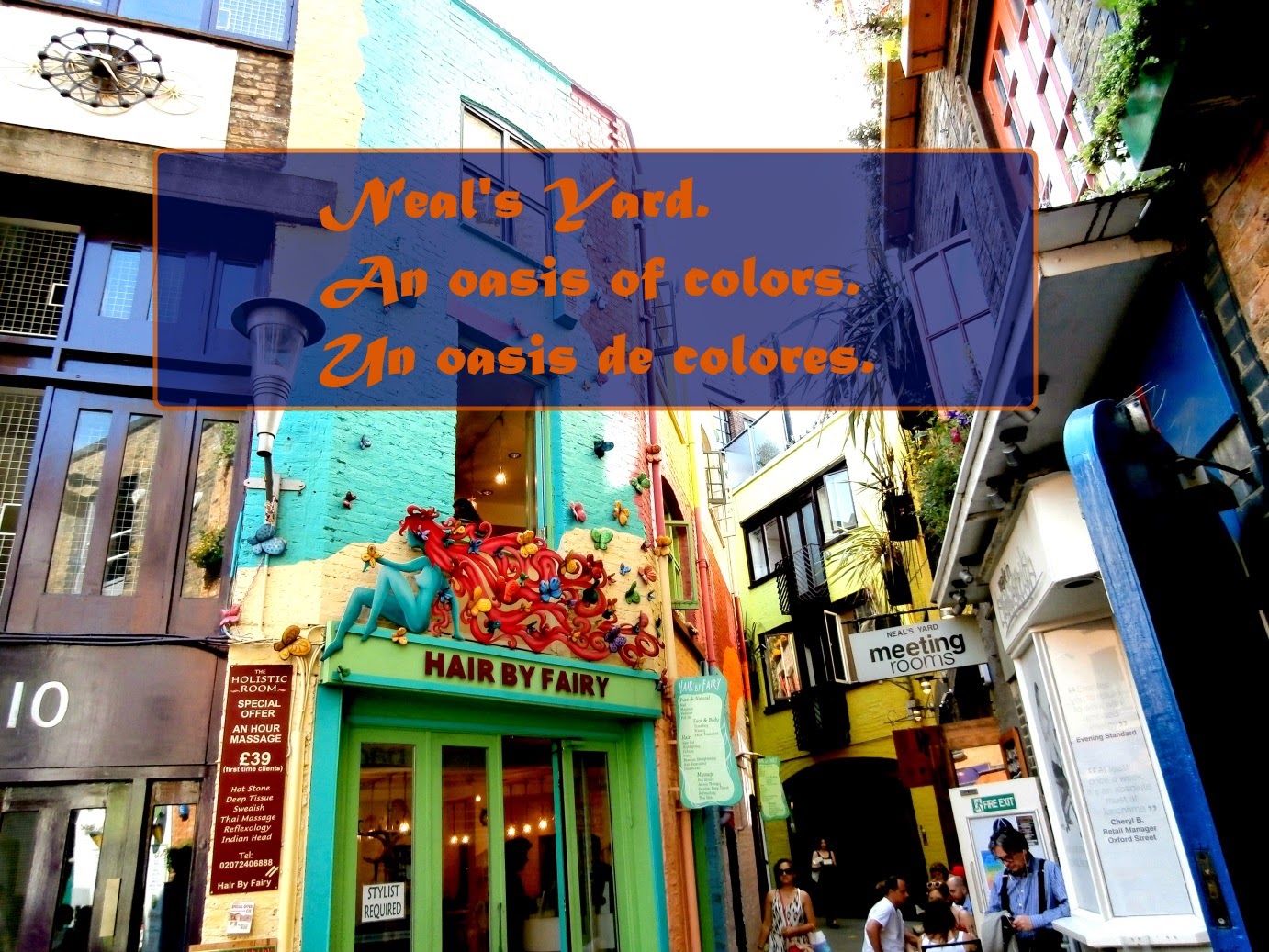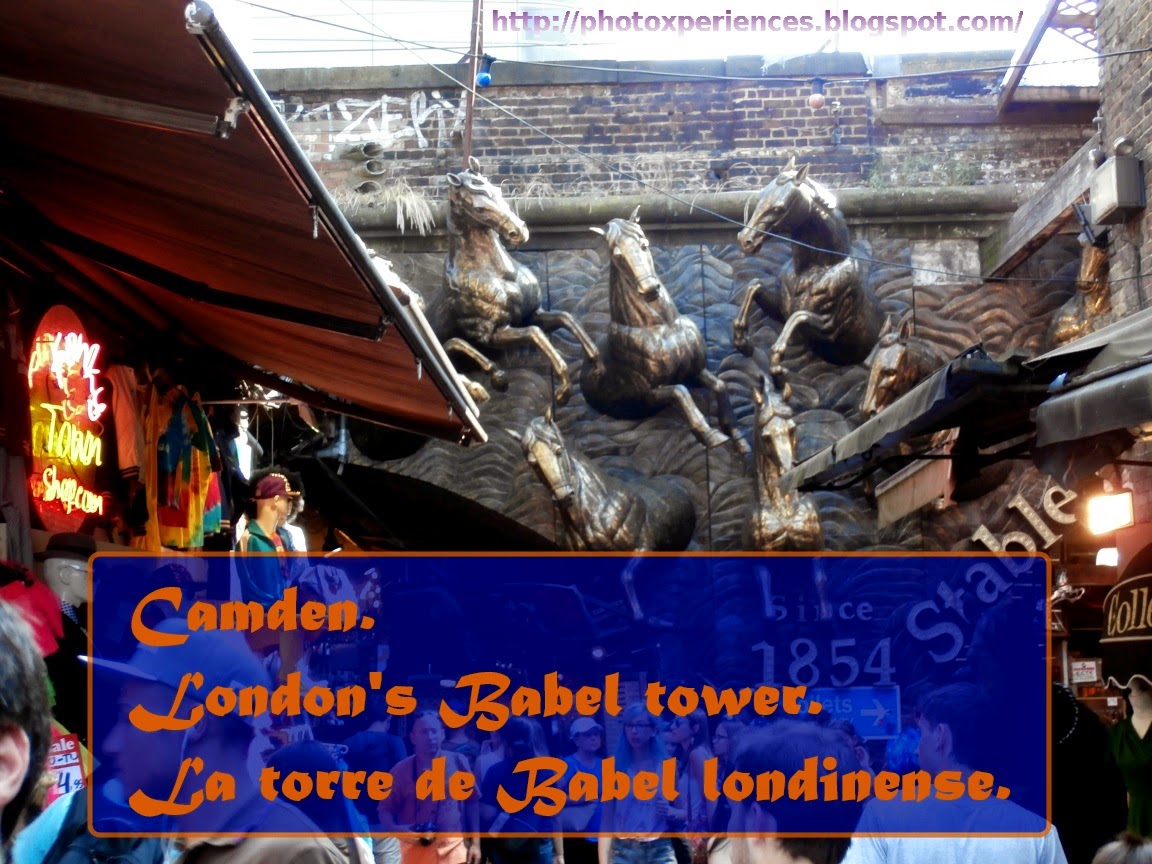
Jamás se vio un combate semejante al que se celebrará hoy en esta localidad.
Never such a combat has been held.
Las calles de la población vivirán una justa dialéctica como la que mantuvieron en su día Platón y Aristóteles en la antigua Grecia.
The streets of this location will live a dialectic joust like those at the time of Plato and Aristotle in ancient Greece.
En el patio de armas de su castillo tendrá lugar una competición que recordará a otros enfrentamientos épicos, como los de Abel y Caín, o David contra Goliat.
In the courtyard of the castle there will be a competition that will remind other epic confrontations like those of Cain and Abel, or David and Goliath.



Sus almenas serán testigo de una justa sin par, como las que celebraban los caballeros de la tabla redonda, Lanzarote o Perceval.
Its battlements will witness an unparalleled tournament, such as those celebrated by the knights of the Round Table, like Lancelot or Perceval.


Sus murallas medievales asistirán a una lucha sin cuartel, como la Don Quijote contra los molinos de viento.
Its medieval walls will attend a relentless struggle, like Don Quixote did against the windmills.


Sus torres revivirán enfrentamientos como el de Saladino y Ricardo Corazón de León.
Its towers will revive clashes as Saladin vs. Richard the Lionheart.
Su palacio residencia condal, hoy parador de turismo, presenciará un torneo sin igual, como los combates más actuales de Federer y Nadal en las pistas de tenis, o Muhammad Ali contra Joe Frazier en el ring, o de Alain Prost contra Ayrton Senna en los circuitos automovilísticos.
His palace, the count’s residence, today a magnificient hotel, will witness a tournament like no other, like the current fightings between Federer and Nadal on the tennis courts, or Muhammad Ali vs. Joe Frazier in the ring, or Alain Prost with Ayrton Senna in automotive circuits.
El combate que se celebrará hoy no tiene parangón. En primer lugar, por el motivo de la disputa: se pelean por ser los dueños de una palabra.
The fight to be held today is unparalleled. First, the reason for the dispute: scramble to be the owners of a word.


Pero además, nunca antes se vieron contendientes tan dispares. Uno de ellos es del año 1718 antes de Cristo. El otro es del siglo II antes de Cristo, y el tercero del siglo X.
But also, never contenders such disparate were viewed. One is from the year 1718 BC. The other is from the second century BC. And the third comes from Xth century.


El primero es un capitán egipcio. El segundo, un líder vetón, de un pueblo prerromano del centro de la península Ibérica. Y el tercero, un caudillo musulmán.
The first is an Egyptian captain. The second, a vetton leader, from a pre-Roman people in the center of the Iberian Peninsula. And the third, a Muslim commander.
¿Cuál es el motivo del combate? Pues no es otro que el de dar nombre a este bello recinto amurallado.
What is the reason for the fight? Well, it’s none other than to name this beautiful walled enclosure.


Y, ¿con qué armas combatirán?
And, which weapons will they use?


Será una justa etimológica, sin derramamiento de sangre. El argumento del capitán egipcio es el siguiente. Según él, este castillo de Oropesa lleva su nombre, ya que en el año 1718 antes de Cristo, él fundó esta localidad cuando pasó por esta tierra acompañando al gigante Hércules tras su visita a la ciudad de Ávila. Aporta como prueba su propio nombre: Oróspedo Aránculo.
It will be a etymological joust without bloodshed. Egyptian captain's argument is as follows. According to him, this castle of Oropesa bears his name, since in the year 1718 BC, he founded this town when he passed through this land when accompanying the giant Hercules after his visit to the city of Ávila. He brings his own name as proof: Orospedo Aranculo.


El segundo contendiente presenta como argumentos que antes de que los romanos se instalasen en esta región, su pueblo, los vetones, habían construido en este lugar una torre defensiva llamada Otobesa, y es por eso que el castillo lleva este nombre.
The second contender presents as arguments that before the Romans were installed in this region, its people, the vettones had built here a defensive tower called Otobesa, and that’s why the castle is named so.


Finalmente, el caudillo musulmán argumenta que el nombre de la plaza se debe a cuando los musulmanes raptaron a una princesa cristiana, y pidieron como rescate una cantidad de oro igual al peso de la doncella.
Finally, the Muslim leader argues that the name of the fortress is because when Muslims kidnapped a Christian princess, and demanded a ransom an amount of gold equal to the weight of the maiden.


La lucha será encarnizada, pero será difícil que alguno de ellos se proclame vencedor absoluto de la misma, ya que todos ellos cuentan con numerosos argumento a favor y en contra de su tesis, por lo que probablemente el combate resultará nulo.
The fight will be bitter, but it will be difficult for any of them to be proclaimed the absolute winner, as all of them have many arguments for and against their thesis, so it probably will be a draw.
¿Y tú, quién crees que debe ser el vencedor? ¿Cuál de ellos piensas que fue el que le dio nombre a esta bella localidad toledana? Quizás deberías visitar el sitio, con el fin de recoger más datos para tomar tu decisión.
And you, who do you think should be the winner? Which do you think was the one who gave name to this beautiful town of Toledo? Maybe you should visit the site, in order to collect more data to make your decision.
Si te gustó esta historia, quizás también te guste...
If you liked this story, maybe you'll like too...












